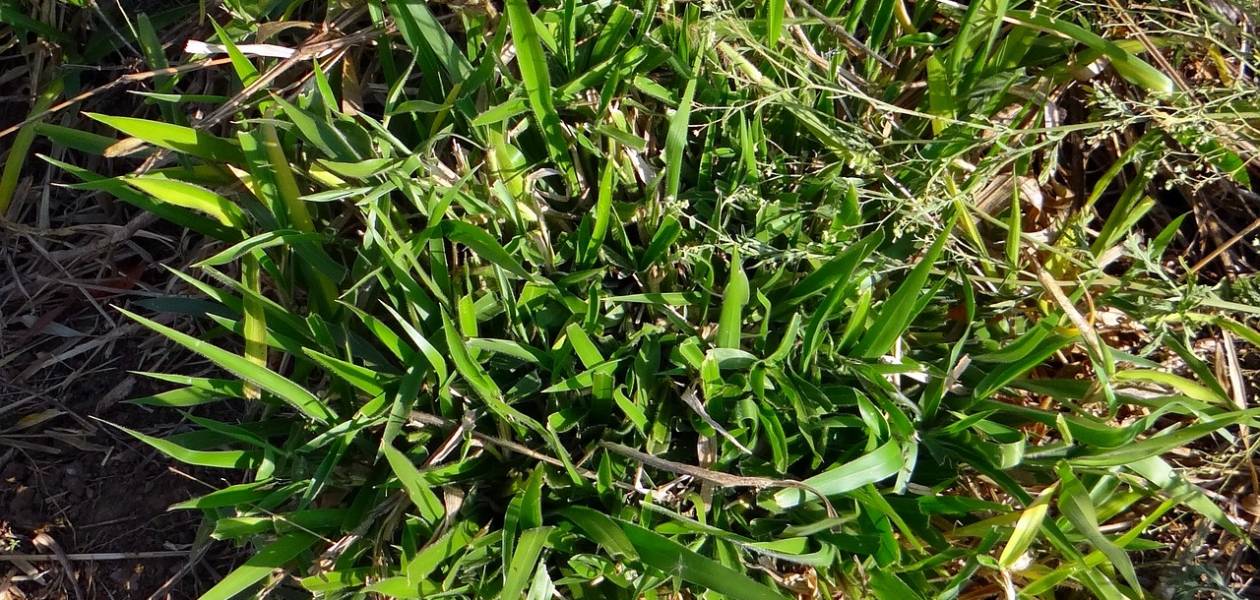
- The adoption of biomass waste-based fuels can significantly reduce greenhouse gas emissions, contributing to global climate change mitigation efforts.
- Making biomass waste-based fuels economically viable will require increasing public adoption, more innovation, policy incentives, and infrastructure development to scale up production.
- Companies like EcoCeres are pioneering this conversion through the development of hydro-treated vegetable oil (HVO), sustainable aviation fuel (SAF), and cellulosic ethanol.
As the world continues to address the challenges posed by climate change and the depletion of fossil fuel reserves, the search for sustainable energy solutions becomes increasingly vital. Biomass, a renewable and abundant source of organic matter derived from plants and other biological materials, holds tremendous potential as a sustainable alternative. This blog explores EcoCeres’ efforts to pioneer the transformative process of converting biomass waste into valuable sustainable fuels, such as hydro-treated vegetable oil (HVO), sustainable aviation fuel (SAF), and cellulosic ethanol. Additionally, we will delve into the concept of turning carbohydrates into hydrocarbons and how these advancements contribute to restoring nature's delicate carbon balance.
Biomass wastes, including agricultural residues, forest residues, and food waste, are often left to decompose, releasing greenhouse gases into the atmosphere. However, through innovative technologies, humankind can harness the energy potential of these biomass wastes while mitigating their environmental impact and reducing our reliance on fossil fuels.
The conversion of biomass wastes into sustainable fuels plays a vital role in restoring nature's delicate carbon balance. Through the process of photosynthesis, plants absorb CO₂ from the atmosphere, converting it into biomass. When biomass is converted into biofuels, it releases CO₂ back into the atmosphere. This cycle remains carbon-neutral as the CO₂ emitted during fuel combustion originated from that absorbed from the atmosphere during plant growth. This closed-loop system helps maintain a balance in atmospheric carbon levels, mitigating the adverse effects of greenhouse gas emissions.
Opportunities for adoption
One of the most exciting developments in biomass conversion technology is the ability to turn carbohydrates into hydrocarbons. Carbohydrates, abundant in biomass, can be transformed into valuable hydrocarbons through various processes such as catalytic conversion or biological fermentation. These hydrocarbons, similar in function to those found in fossil fuels, can be utilized as renewable alternatives for transportation and industrial applications.
The aviation industry is a significant contributor to global carbon emissions. However, the development of SAF offers a promising solution to address this issue. SAF, derived from biomass waste, can significantly reduce GHG emissions (~80%) compared to traditional jet fuels. By using feedstocks such as agricultural residues and bio-greases, SAF can help airlines achieve their sustainability targets. Moreover, SAF has the potential to promote regional development by utilizing locally available waste-based biomass.
Cellulosic ethanol is another sustainable fuel derived from biomass wastes. Unlike first-generation biofuels, which are primarily produced from edible food crops such as corn, cellulosic ethanol is made from non-edible plant materials like used corn cobs and straw. This approach minimizes the risk of diverting food sources for fuel production, ensuring a more sustainable and ethical solution. Cellulosic ethanol has the potential to replace a significant portion of gasoline consumption in transportation, reducing greenhouse gas (GHG) emissions and promoting energy independence.
Upscaling biomass conversion
EcoCeres is a platform that focuses on converting waste-based biomass as feedstock into high-value renewable products. The company believes that innovative technology is the key enabler for such transitions to happen, whether for energy transitions or resource transitions. Therefore, EcoCeres has been striving to build a robust R&D capability since the start of its journey.
The core strength of EcoCeres is harmonious with its universal need for a sustainable future – converting low-value waste-based feedstocks into high-value sustainable fuels, chemicals and materials through proprietary technologies. EcoCeres’ solutions turn waste-based biomass into biofuels and biopolymers resulting in over 90% reduction in lifecycle greenhouse gas emissions.
Currently, EcoCeres is producing around 1,000 tons of biofuels each day, including HVO and SAF, making it one of the most credible SAF producers in the world. Additionally, EcoCeres produced and shipped its first cellulosic ethanol to the European market in May 2023, marking a breakthrough achievement in converting lignocellulosic agricultural waste back to its original sugar form. This success paves the way for further conversion of ethanol into SAF.
The utilization of biomass wastes for sustainable fuel production offers several environmental benefits. First, it reduces greenhouse gas emissions, contributing to the global effort to combat climate change. Second, it avoids the heavy release of particulate matters in the burning of the wastes in-situ at fields, improving the air quality during the harvest seasons. Furthermore, by providing an alternative to fossil fuels, the demand for biomass-based fuels stimulates the development of sustainable agriculture and forestry practices.
The widespread adoption of biomass conversion technologies faces challenges. It is essential to ensure the availability of sustainable biomass feedstocks without competing with food production or causing deforestation. Additionally, public awareness, technological advancements, policy incentives, and infrastructure development are required to scale up production and make biomass waste-based fuels economically viable.
In conclusion, the conversion of biomass wastes into sustainable fuels, such as HVO, SAF and cellulosic ethanol, represents a significant step towards achieving a more sustainable energy future. By tapping into the abundant renewable resources available to us, we can reduce greenhouse gas emissions, limit our dependence on fossil fuels, and restore nature's carbon balance. Innovation, policy support, and sufficient funding are crucial in realizing the full potential of waste-based biomass as a sustainable energy source, ensuring a cleaner and greener planet for generations to come.
Article written by :
Philip Siu - Co-Founder and Chief Executive Officer, EcoCeres
This article is part of : World Economic Forum Annual Meeting
Posted on 2024-01-06 13:18








Comments